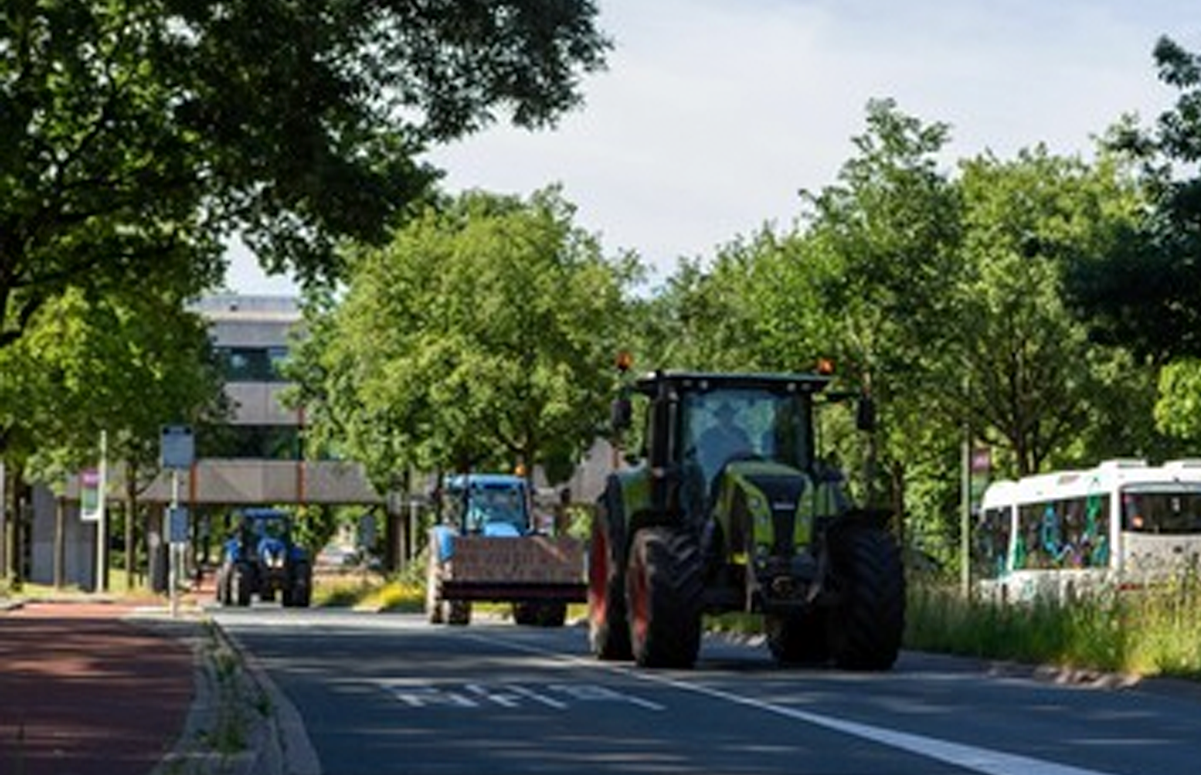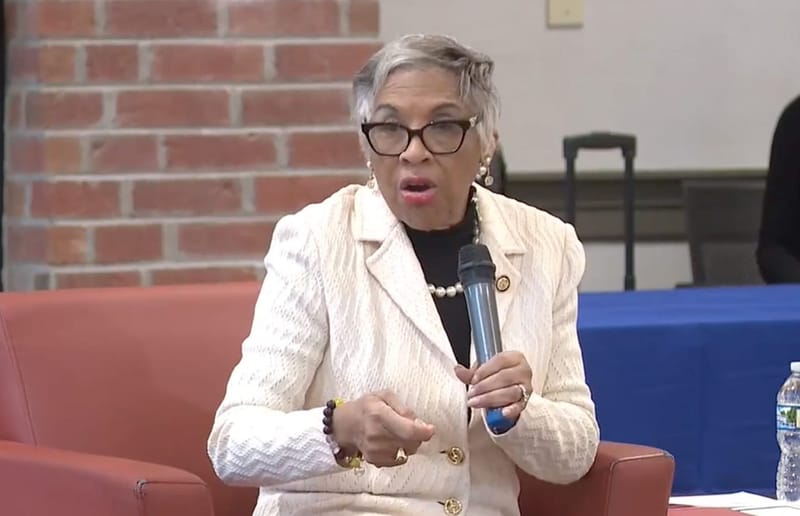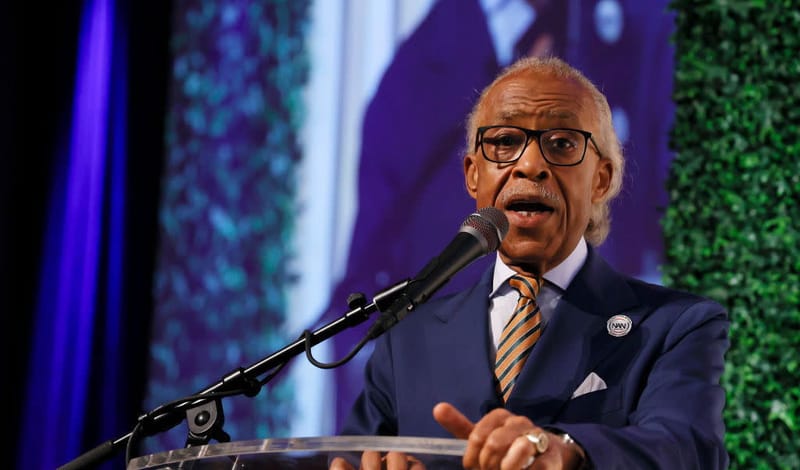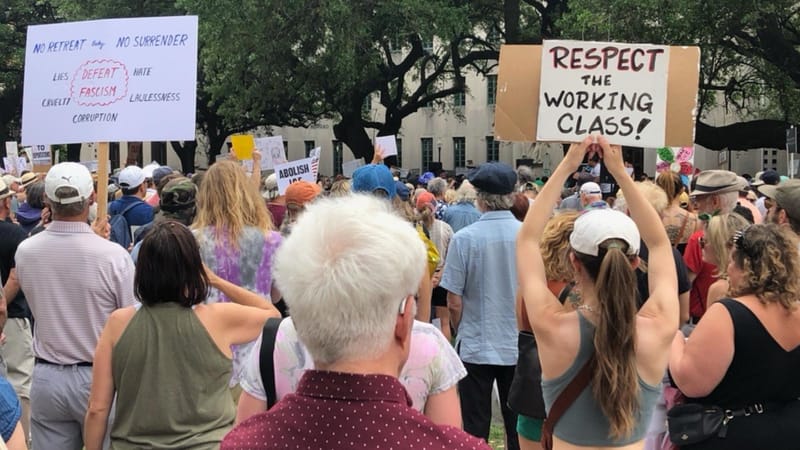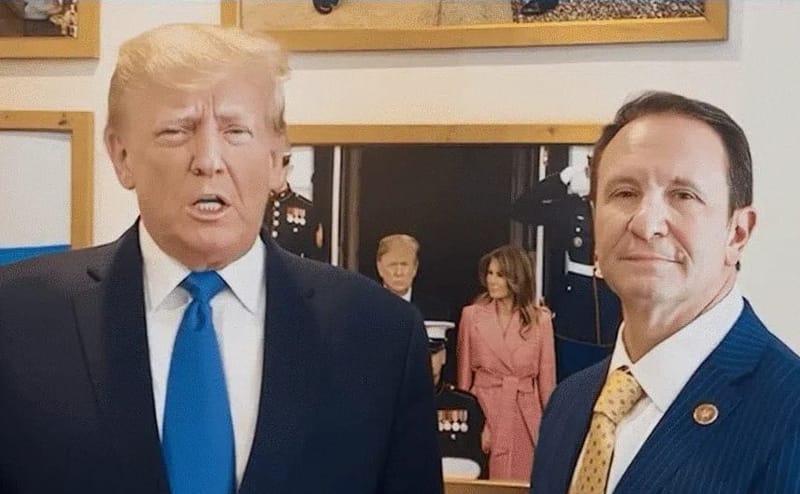MAGA Farmers Feeling the Impact of Their Vote
MAGA farmers, including those from small, family-owned farms in conservative parts of the U.S., the freeze on USDA programs like crop insurance, disaster relief, and farm loans has compounded the economic difficulties they were already facing.
MAGA Farmers who strongly supported Donald Trump during the 2024 election are now confronting the harsh realities of their political decisions, as a freeze on critical USDA funding begins to hit rural agricultural communities. The funding cuts, part of a broader reduction in government subsidies and support, have stirred up ongoing debates on the role of federal aid in agriculture. Many of the same farmers who once opposed government intervention are now struggling with the consequences.
For these rural farmers, including those from small, family-owned farms in conservative parts of the U.S., the freeze on USDA programs like crop insurance, disaster relief, and farm loans has compounded the economic difficulties they were already facing. These cuts have had a particularly severe impact on small-scale farmers who rely heavily on federal assistance to maintain their livelihoods.
John Miller, a farmer from rural Nebraska who voted for Trump in 2020, expressed disappointment over the freeze. “I voted for Trump because I believed in less government involvement, but now we’re paying the price,” said Miller. “We need that USDA support to survive. Without it, we’re left hanging by a thread.” For farmers like Miller, the freeze presents a direct contradiction to the political promises that led them to cast their votes.
Though the freeze has caused a ripple effect across the farming community, it has been especially detrimental to Black farmers and other historically underserved agricultural communities, who have long been denied equitable access to resources, support, and financing. While many farmers in rural areas are feeling the pinch, the situation for Black farmers is especially dire due to longstanding systemic discrimination and exclusion from USDA programs.
The National Black Farmers Association (NBFA) has been at the forefront of highlighting these disparities, which have historically left Black farmers at a severe disadvantage. According to the NBFA, Black farmers are disproportionately dependent on government support, due to decades of systemic barriers in land access, credit, and USDA lending programs. The USDA freeze exacerbates an already critical situation for these farmers, many of whom are struggling to stay afloat.
“The cuts will hit Black farmers the hardest because they have always been denied equal access to resources,” said John Boyd Jr., president of the National Black Farmers Association. “It’s not just about a freeze—it’s about generations of being left out and treated unfairly. Now, the funding that was already scarce is being taken away.”
The systemic barriers faced by Black farmers in accessing government aid are rooted in a history of discriminatory practices at the USDA, from the denial of loans and assistance to outright exclusion from government programs. The 1999 Pigford v. Glickman lawsuit, which resulted in a settlement for Black farmers who were discriminated against by the USDA, was one of the major legal victories in the fight for equal treatment. Yet, even with such progress, the struggle continues for Black farmers seeking fair treatment and equitable access to agricultural resources.
“The freeze is just the latest chapter in a long-standing fight for fairness,” Boyd added. “These cuts will devastate farmers who were already fighting against systemic discrimination. Without proper funding and access to resources, many Black farmers will not be able to continue their work. It’s a vicious cycle.”
The current freeze on USDA funding has sparked conversations about the role of government in agricultural support. For many farmers who voted for Trump, the cuts are a sharp reminder of the price they’re paying for their ideological commitment to reducing government interference. In contrast, organizations advocating for Black farmers and other marginalized communities argue that federal support is essential for leveling the playing field.
“The freeze on USDA funding illustrates the dangerous consequences of ignoring the need for government support in farming,” said Boyd. “Black farmers have been dealing with systemic disadvantages for generations, and without this vital funding, the gap will only widen.”
This freeze is forcing a reckoning for many farmers who once opposed federal assistance. As they grapple with the effects of their political decisions, the contrast between the challenges of rural farmers and those faced by Black farmers highlights the deep-seated disparities within the agricultural sector. For Black farmers, this funding freeze represents not only a continuation of unfair treatment but also a denial of the opportunity to thrive in a field where they have long been underrepresented and underserved.
As discussions about the role of government aid in agriculture continue, it is clear that the fight for equitable resources and opportunities for Black farmers is far from over. With an incoming administration promising further policy changes, the question remains whether real solutions will be put in place to address these longstanding issues.
While many farmers now feel the impact of their votes, Black farmers and progressive groups remain focused on demanding lasting reform to ensure fair treatment and access to resources for all. For these farmers, the struggle is not just about government funding—it’s about the opportunity to build a sustainable future in an industry that has too often left them behind.


